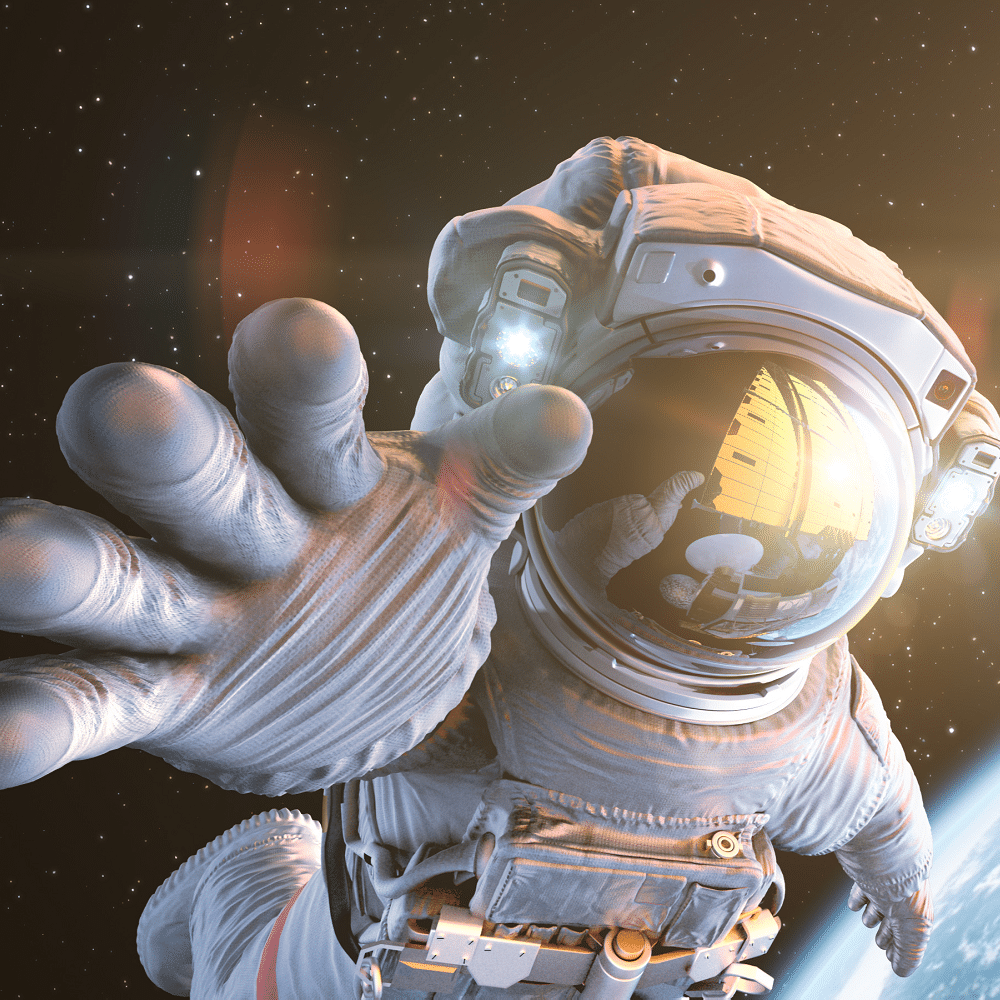57% of the participants were found to display higher levels of the viruses during missions than they did while on Earth; and 7% of astronauts who previously reported having herpes infections in the past were found to have suffered a new outbreak while in space.
Cold sores, glandular fever, and shingles are caused by the herpes viruses, when the host is healthy pathogens enter a dormant state until the host becomes stressed or exhausted to rise and take advantage. These findings bring about concerns for the health of astronauts on extended space voyages as if the immune system weakened enough during short trips for the viruses to come out of dormancy longer trips such as a mission to Mars could pose more serious risks.
89 astronauts who served aboard space shuttles, stayed on the International Space Station, or did missions with both were involved in this study. Saliva samples were taken to analyze for signs of herpes simplex virus 1; analysis revealed 53% of the shuttle crew and 61% of the astronauts who served on the ISS experienced HSV-1 shedding.
Those who spent more time in space displayed higher levels of viral activity, and contained higher levels of HSV-1 in their bodies; several astronauts developed shingles during space missions. Participating astronauts also had increased levels of Epstein-Barr virus, cytomegalovirus, and varicella-zoster herpes strains that spread through skin contact and affects billions of people around the globe.
“NASA astronauts endure weeks or even months exposed to microgravity and cosmic radiation – not to mention the extreme G forces of take-off and re-entry. This physical challenge is compounded by more familiar stressors like social separation, confinement and an altered sleep-wake cycle,” explains Jes Tech researcher Dr. Satish Mehta.
“During spaceflight there is a rise in secretion of stress hormones like cortisol and adrenaline, which are known to suppress the immune system,” he warns. “In keeping with this, we find that astronaut’s immune cells – particularly those that normally suppress and eliminate viruses – become less effective during spaceflight and sometimes for up to 60 days after.”
The brave astronauts put their lives on the line every time they go into space; bones and muscle atrophy due to lack of gravity and use, hearts beat irregularly, and they tend to develop cancer and Alzheimer’s disease more frequently. The team believes staying in space for longer periods may put the astronauts at severe risk, and they may also end up infecting others upon arrival back at Earth.




